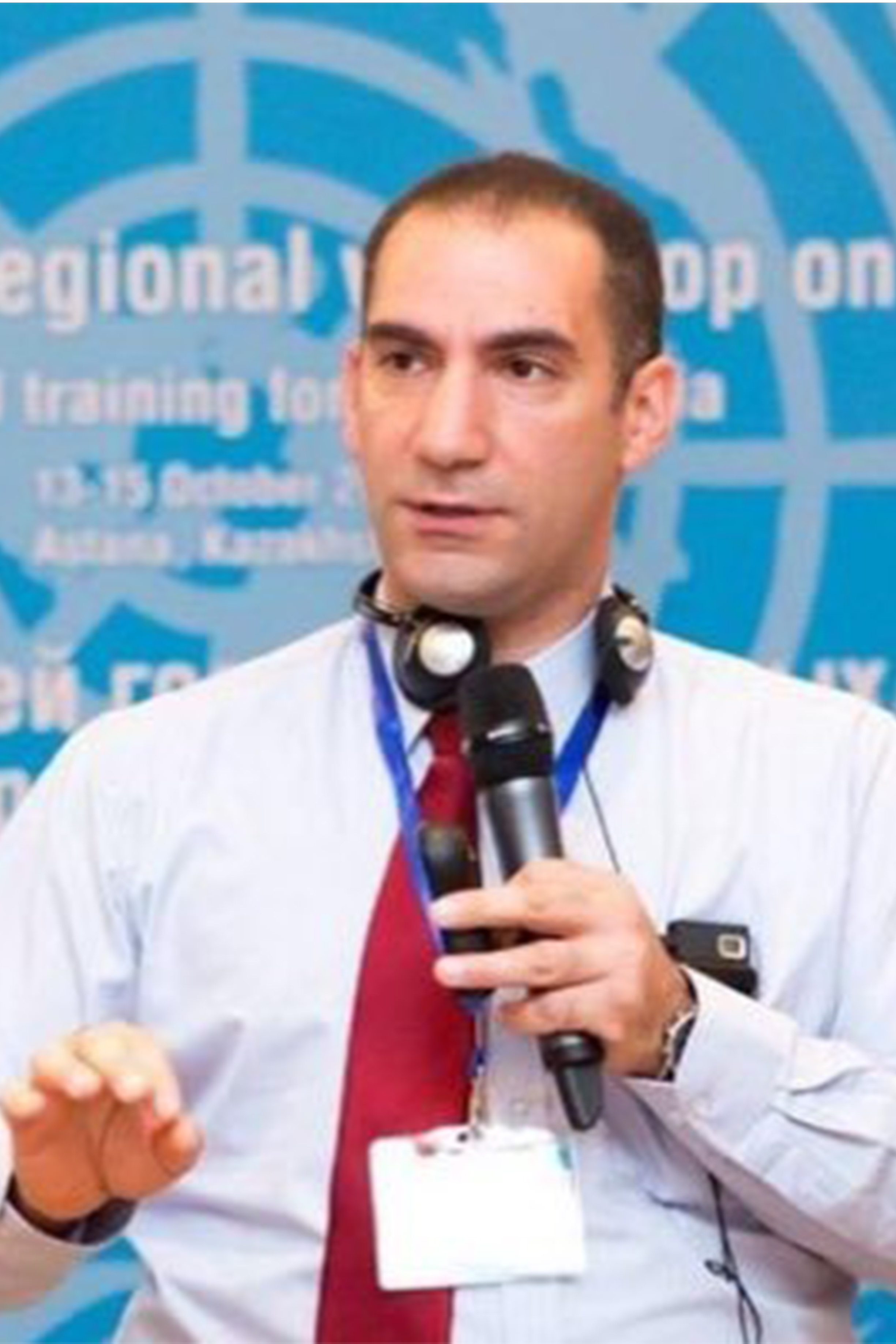Speaker information
Wadih Maalouf
PhD, Global Programme Coordinator Prevention Treatment and Rehabilitation Section Drug Prevention and Health Branch
Wadih holds a PhD in Mental Health and Drug Addiction Epidemiology from Johns Hopkins School of Public Health. He joined UNODC (United Nations Office on Drugs and Crime) in 2005, based in the Regional Office for Middle East and North Africa (MENA) in Cairo-Egypt. His first role was a regional epidemiologist and drug demand reduction advisor, assessing and orienting the national drug demand reduction strategies. Since 2010, he assumed the post of global programme coordinator in the Drug Prevention and Health Branch of UNODC HQ in Vienna. His global programme is the main operational arm used by UNODC in promoting evidence-based prevention interventions and policies. His role is to develop, pilot and assesses the impact of family skills responses in preventing drug use, crime and violence as well as life skills education responses in schools and in sport settings. A contributor to the INSPIRE interagency initiative to end violence against children and the UNODC WHO International Standards on Drug Use Prevention and has several publications in the field of drug demand reduction.
Speaker presentations
Date: 11.11
Time:
12:00 – 13:00
Nur-Sultan time
Master-class
Social and Emotional Learning programmes per the International Standards on Drug Use Prevention and their added value to the Educational Sector
Drug prevention has been traditionally implemented through awareness raising campaigns (mostly fear-based) and drug refusal messaging. Under this paradigm, the drug is the focal point of concern and accordingly interventions have mostly targeted the adolescent population (the age when such discussions are feasible).
Nevertheless, the UNODC WHO International Standards on Drug Use Prevention (the Standards) reflected a sharp contrast to this modality. Per these Standards, effective evidence-based prevention strategies, should focus on helping intellectual, language, cognitive and social emotional competency skills of children and youth at each stage of their development. Accordingly, the Standards reflected a paradigm shift in responses, calling for reliance on the science of prevention and on taking the developing individual as the point of focus and supporting his/her healthy safe development.
Under the Standards’ paradigm, evidence-based interventions can start to be (and are preferably) implemented at early ages of development, with some interventions scientifically reflected to be effective as early as in infancy (or even at the embryonic stage in the mother’s womb). The more valuable element of this paradigm shift is that such evidence-based interventions address vulnerabilities that are not unique to substance use as a behaviour of risk. These same interventions can prevent violence, mental health, poor school competencies, academic failure, and many other negative social and health outcomes. Accordingly making a much bigger return on investment from a cost-effectiveness perspective while supporting the country’s sustainable development goals and targets.
Responses in line with the Standards, call for a multi-setting, multi-disciplinary and intersectoral approach, requiring coordination and cooperation between different agencies responsible for and in contact with children at different developmental ages. Families and Schools remain one of the main social institutions responsible for the welfare of children. This presentation reflected UNODC’s experience applying the Standards through such institutions globally.

